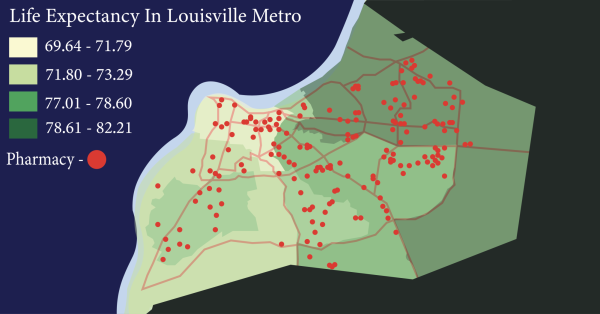OPINION: The problem with consumer culture during the holidays
America’s consumer culture holidays have been becoming increasingly materialistic.
November 23, 2020
The holiday season is just around the corner and people are starting to unpack old decorations and daft gift lists. This Friday, many people are going store to store in hopes of finding good deals and presents while some, given the rise in Covid-19 cases, will be taking their shopping online this year. Holiday commercials are airing, yet again, a listing of necessities for a perfect session.
Needless to say, retail companies have been preparing for the holiday season since last January and know it’s their time to shine. Right when Halloween ended stores didn’t waste any time pulling out the Santas and turning up the Christmas music; there’s not a better marketing ploy than the holiday spirit. Last year around 700.7 billion dollars were spent on holiday sales from November to December, which is a 4 percent increase from 2018, according to the National Retail Federation. Ever since 2008 holiday consummation has continued to rise. Due to America’s consumer culture holidays have been becoming increasingly materialistic, which can overall lead to a less holly jolly holiday season.
According to Jagdish Sheth, a marketing professor at Emory University, “Consumer culture is a system in which consumption, a set of behaviors found in all times and places, is dominated by the consumption of commercial products.” Consumer culture can have many negative impacts, one being on the environment. This leads to high household consumption, which makes up 60% of global greenhouse gas emissions, according to a study conducted by Ivanova, a researcher in the department of energy and processing at the Norwegian University of Science and Technology, along with his colleagues. Consumer culture has helped normalize the expectation of consumption around the holidays.
Materialism can also have negative impacts on holiday festivities. Tim Kasser, a professor in psychology who specializes in materialism and well being, conducted a study and found “that the more highly people endorsed materialistic values, the more they experienced unpleasant emotions, depression and anxiety, the more they reported physical health problems, such as stomachaches and headaches, and the less they experienced pleasant emotions and felt satisfied with their lives”. Putting emphasis on the gift-giving during the holiday pushes a materialistic mindset, which can lead to stress and dissatisfaction.
The holidays, especially Thanksgiving, are about being thankful for what you have and is a time meant to be spent with family. Ironically, the day after Thanksgiving people try to find the best deals and “shop till they drop.” It’s easy to get caught up in the crazy holiday atmosphere and not even realize the amount people prioritize receiving and giving gifts during the holidays. People get stressed out trying to find presents for their loved ones during the holiday season. By mid-December, people are cooped up at the mall looking at price tags and waiting in the cashier lines rather than spending time with family. Gift-giving is a fun tradition to partake with friends and family, but it’s important not to lose sight of the reason people do it.
While materialism can cause poor mental health and consumer culture can be bad for the environment, the holiday season is great for the economy. The increase of the constitution provides a lot of opportunities for both local and national businesses to grow. According to the Export-Import Bank of the United States during the 2016 holiday season department stores made around 22 billion dollars, online stores made around 60 billion dollars, and 550 businesses in the U.S sold toys catering to the session, creating over 6,000 new jobs. However, not giving into material ideas doesn’t mean you can’t buy gifts at all, it just means one understands that buying and receiving gifts isn’t a priority during the holidays but just a fun activity to participate in.
There are many recommended ways to avoid a materialistic mindset during the holidays. First, be mindful of what you purchase and being grateful for what you receive. Having awareness of the increasing influence of consumerism during the holidays is already a step in the right direction. Second, finding alternative ways people can show apparition and give gifts during the holidays without purchasing materialistic things, such as making homemade gifts or taking your friend ice skating. As holiday consumption continues to increase and black Friday draws near, remember not to prioritize buy and receiving gifts.


















